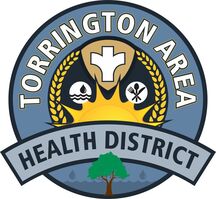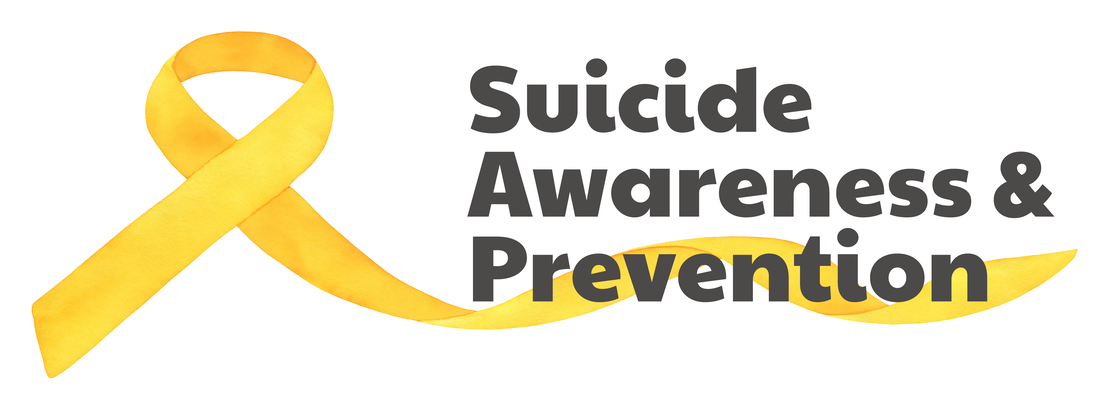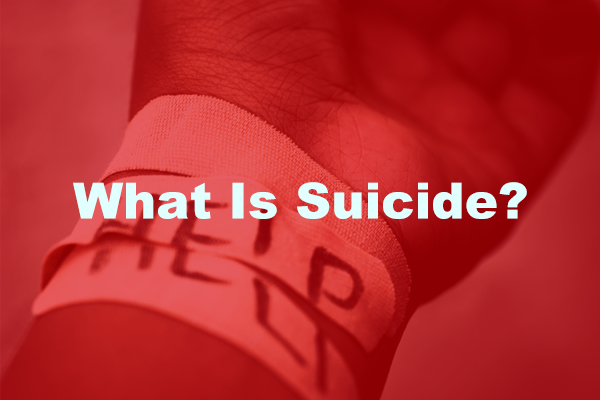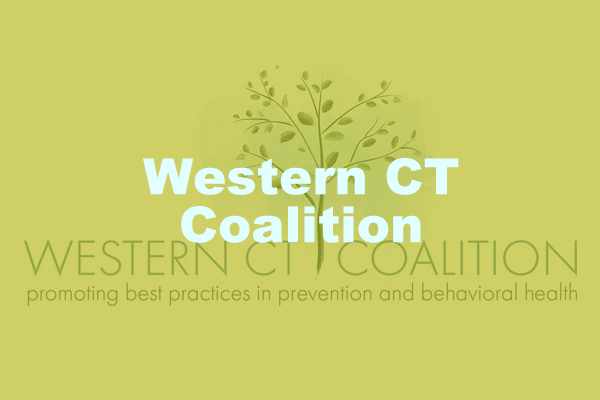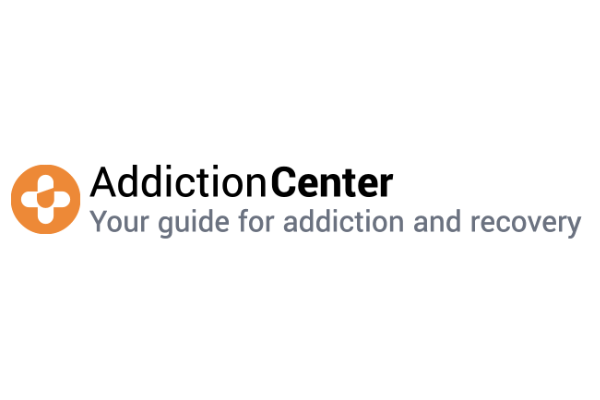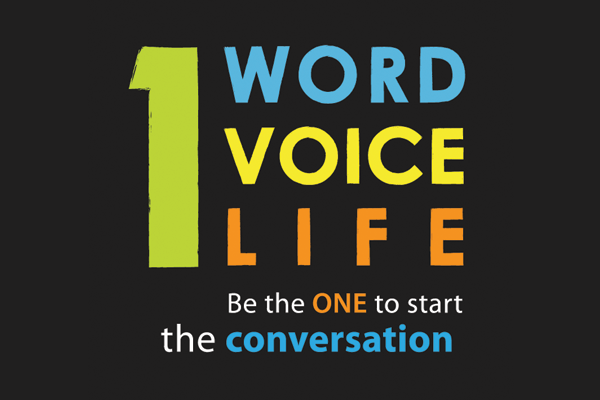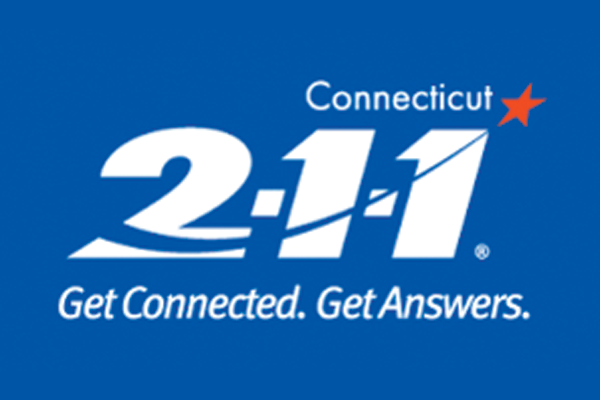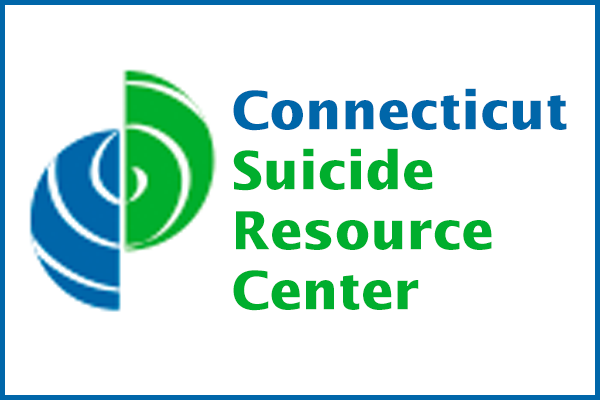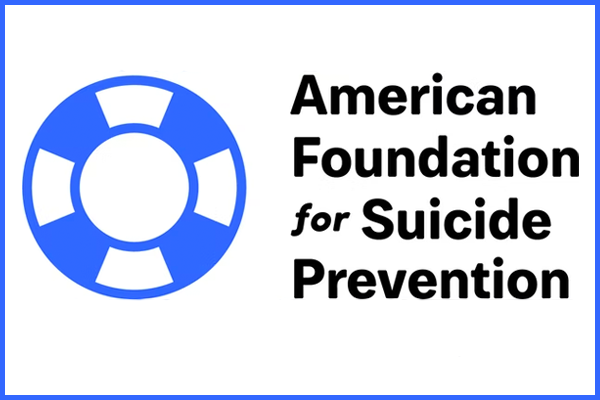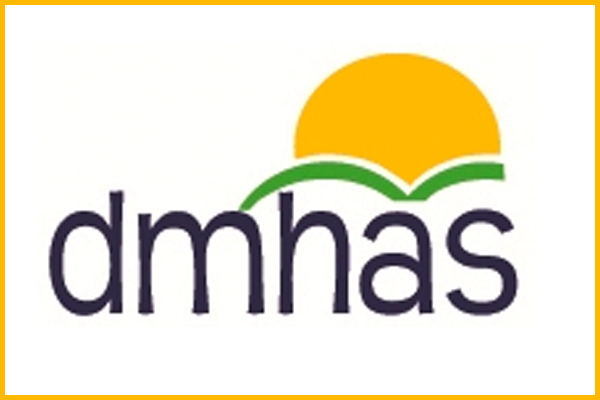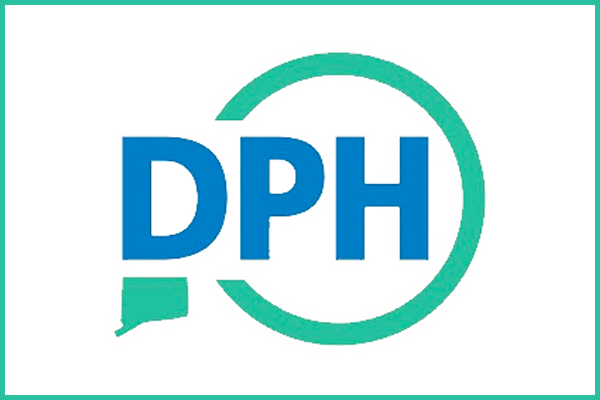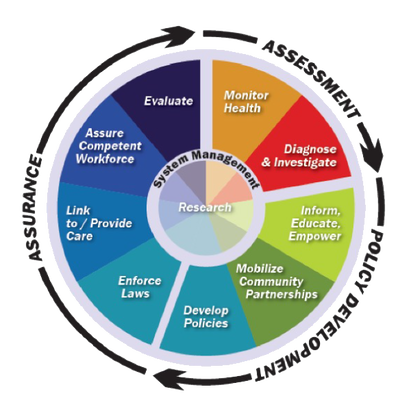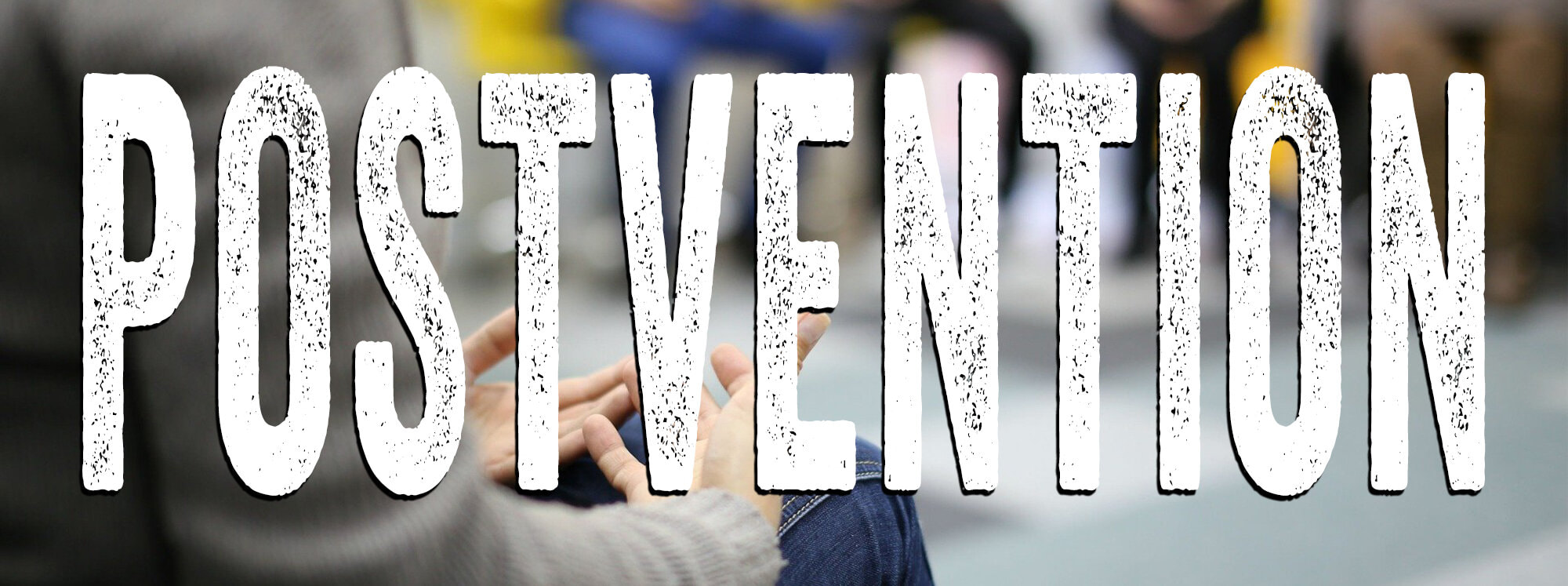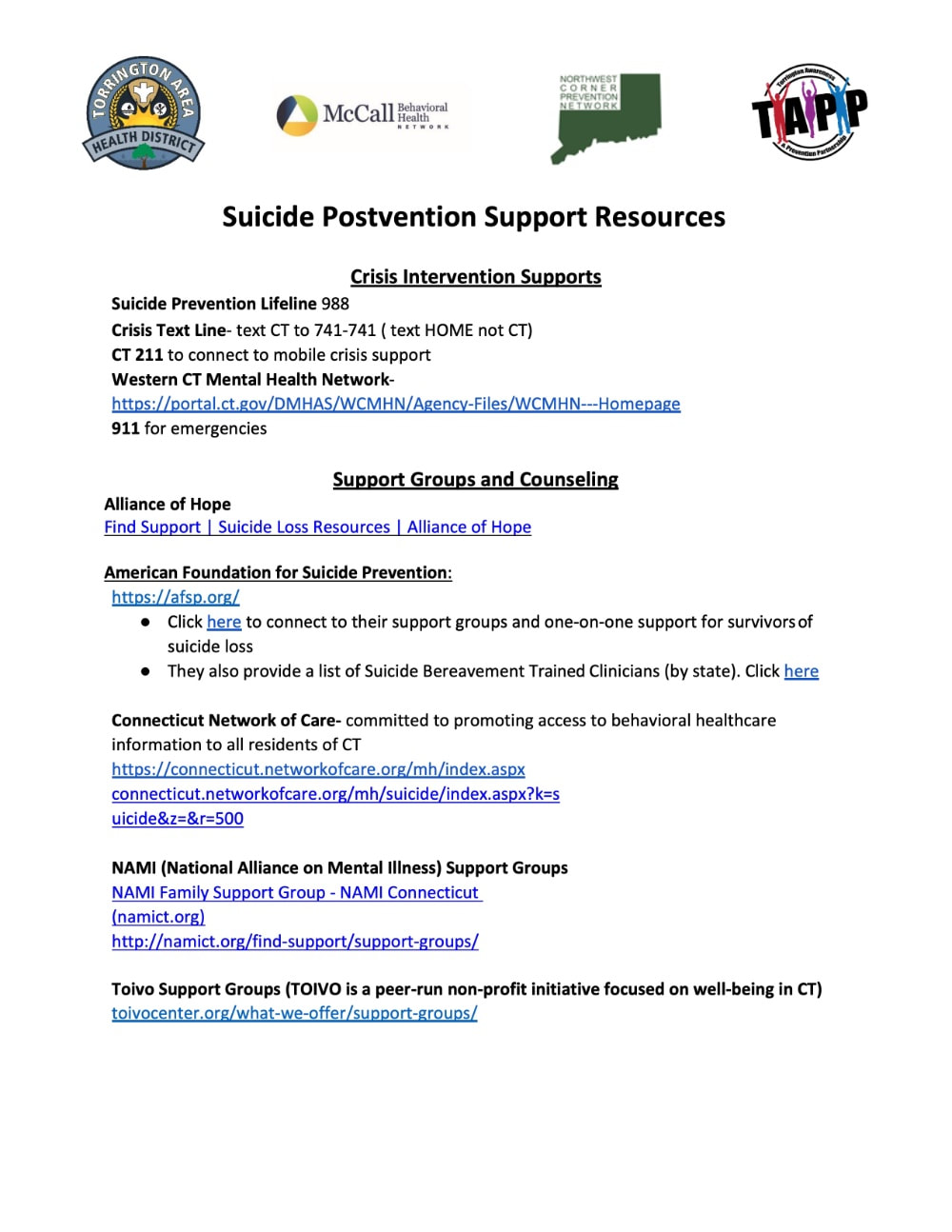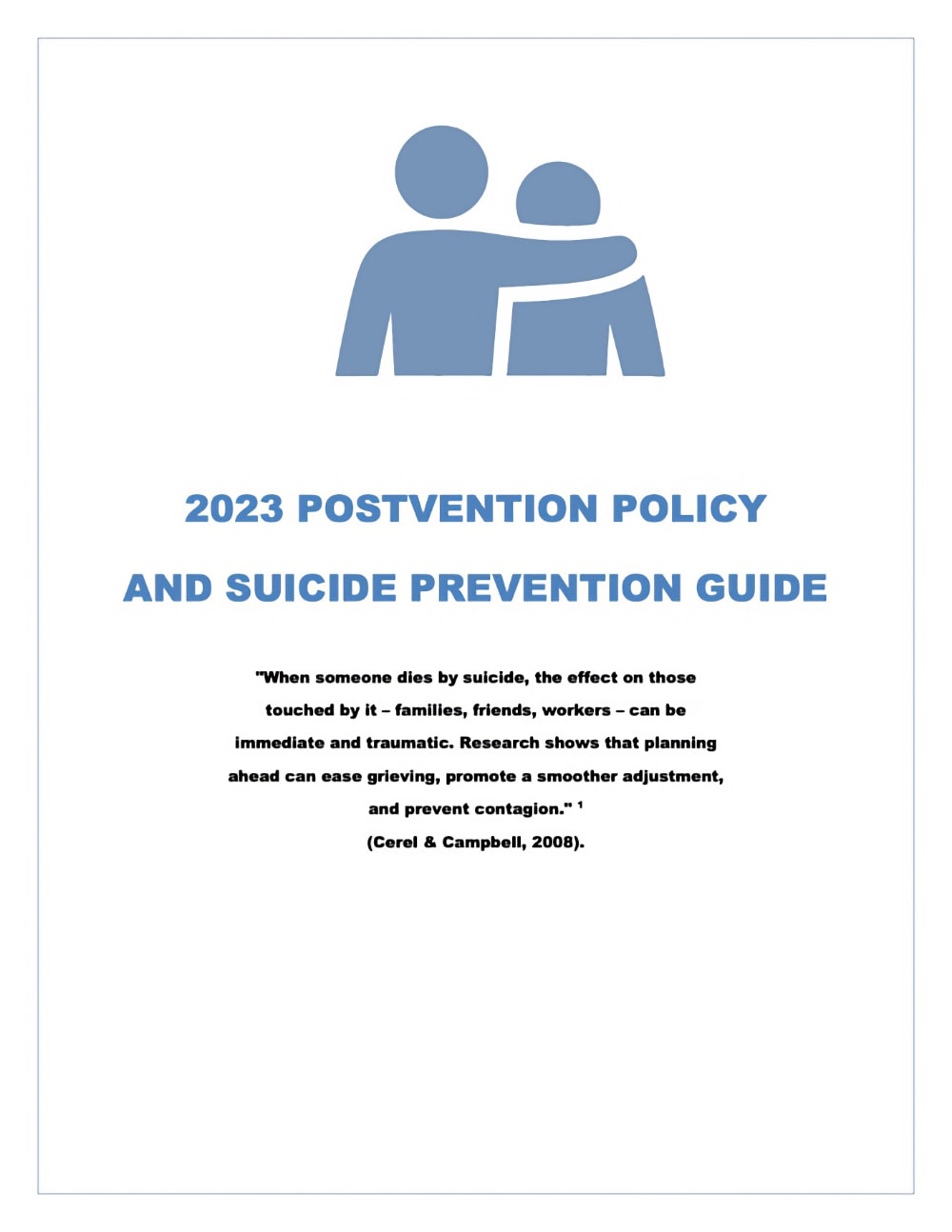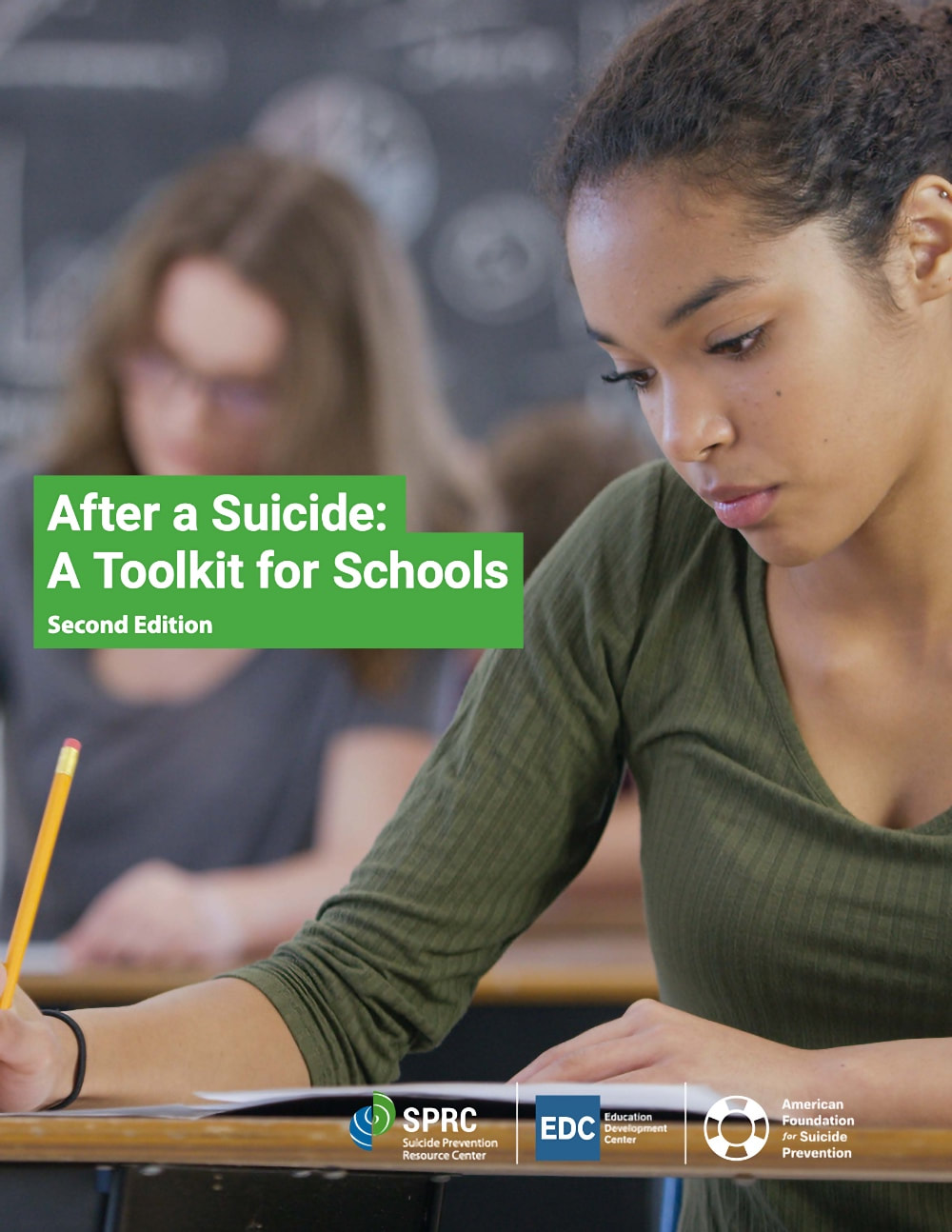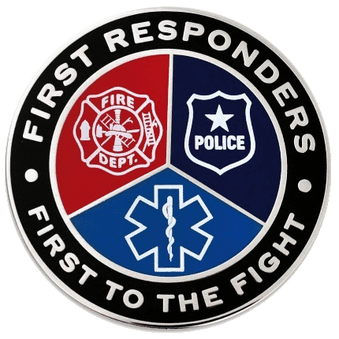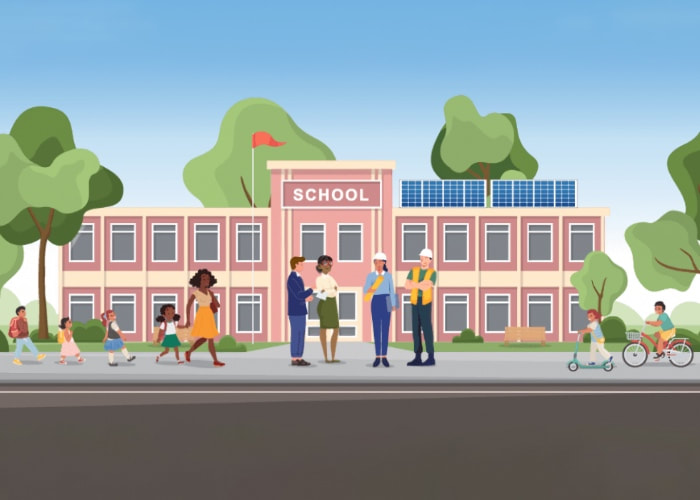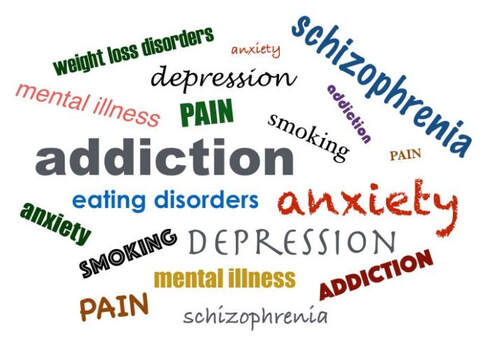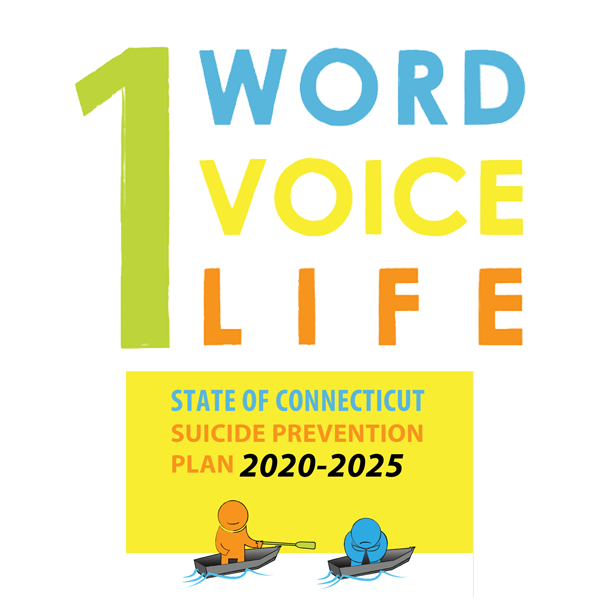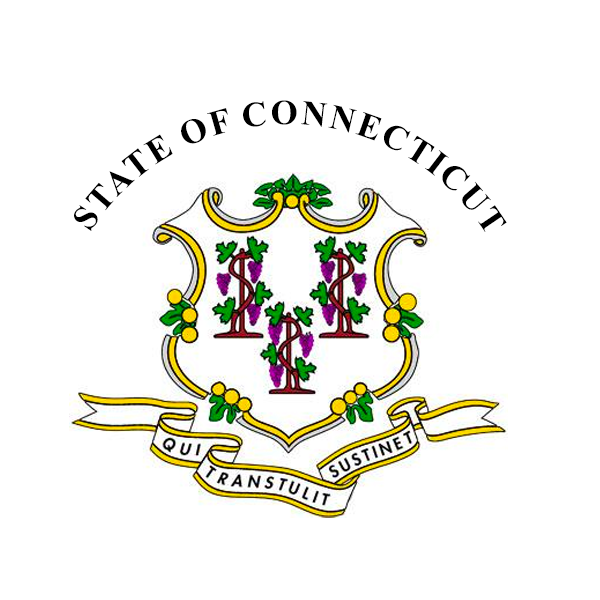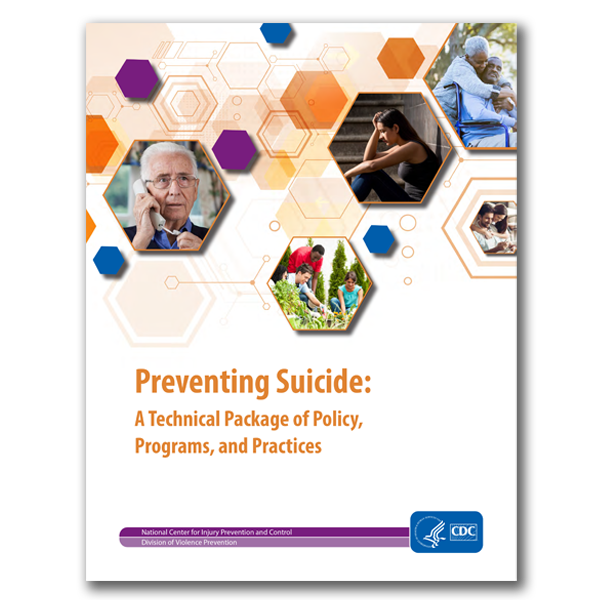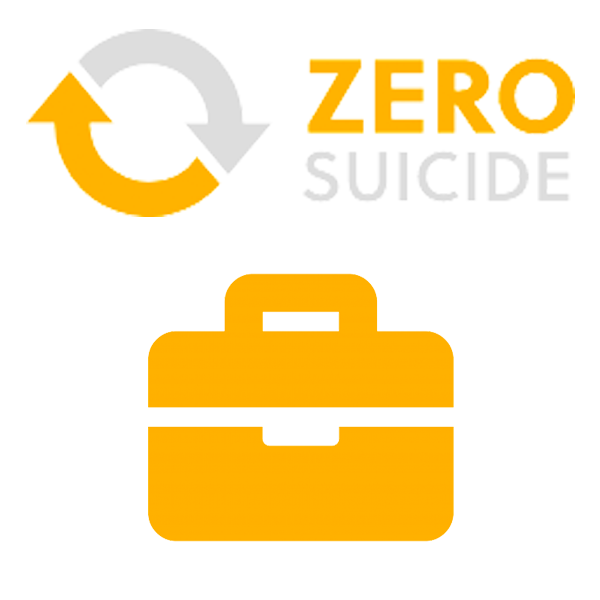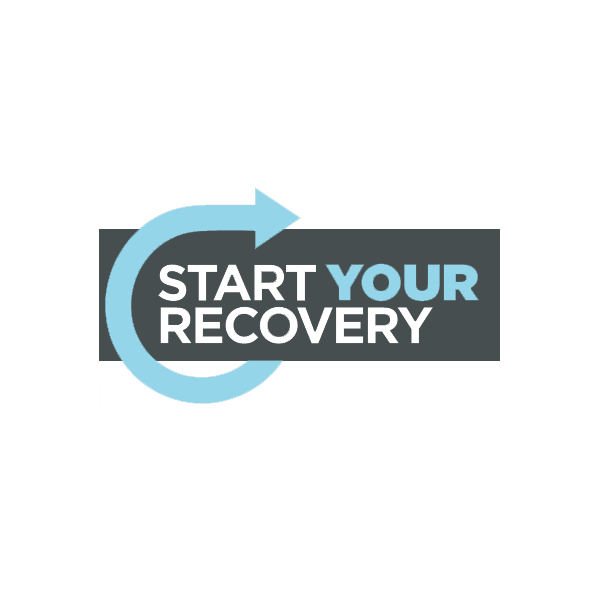|
Suicide is a serious public health problem that can have lasting harmful effects on individuals, families, and communities. There are many factors that contribute to suicide. The goal of suicide prevention is to reduce factors that increase risk and increase factors that promote resilience. [Learn More]
|
- Local Resources -
|
A coalition of volunteers, citizens, and prevention professionals dedicated to developing and coordinating services that improve mental health, reduce substance misuse, and raise awareness about available resources. WCTC focuses on individuals, families, and children living and working in the 43 towns comprising the Northwestern region of Connecticut. [Learn More]
|
|
Addiction and suicide have a very complicated relationship, where addiction greatly increases the risk of suicide and suicidal thoughts and tendencies greatly increase the risk of addiction. Connect with the Addiction Center as your guide to addiction and recovery. [Learn More]
|
- State Resources -
|
The CTSAB is a network of diverse advocates, educators and leaders concerned with addressing the problem of suicide with a focus on prevention, intervention, and health and wellness promotion. The CTSAB seeks to eliminate suicide by instilling hope across the lifespan. [Learn More]
|
|
2-1-1 is a free, confidential information and referral service that connects people to essential health and human services 24 hours a day, seven days a week online and over the phone. 2-1-1 is fully certified in crisis intervention by the American Association of Suicidology and is certified by The Alliance of Information and Referral Systems (AIRS). [Learn More]
|
|
Accurate data, up-to-date research, and knowledge of effective strategies and interventions are all essential to our ability to prevent suicide. This section provides information on the suicide problem and links to resources that can help you learn more. [Learn More]
|
|
Focusing on eliminating the loss of life from suicide by delivering innovative prevention programs, educating the public about risk factors and warning signs, raising funds for suicide research and programs, and reaching out to those individuals who have lost someone to suicide. [Learn More]
|
|
The Connecticut Department of Mental Health and Addiction Services is a health care agency whose mission is to promote the overall health and wellness of persons with behavioral health needs through an integrated network of holistic, comprehensive, effective, and efficient services and supports that foster dignity, respect, and self-sufficiency in those we serve. [Learn More]
|
|
The Connecticut Department of Public Health protects and improves the health and safety of the people of Connecticut by assuring the conditions in which people can be healthy, preventing disease, injury, disability, and
promoting the equal enjoyment of the highest attainable standard of health. [Learn More] |
Litchfield County 10 Essential Public Health Services Toolkit for Suicide Prevention
Using the 10 Essential Services framework, our goal in creating this toolkit is to provide information about suicide prevention, intervention, and treatment public health work currently happening at the local, state, and federal level. This document offers guidance, resources, and a foundational structure for communities and local health departments to expand and enhance the services they provide.
The goal of this toolkit is to provide a centralized location for information on suicide prevention, intervention and treatment resources and programs gathered from the local, state, and federal levels for Connecticut local health departments and districts. Using the 10 Essential Services of public health as the framework, this web-based tool offers both guidance and a foundational structure for local health departments and their communities to expand and enhance the services they provide to improve health.
We envision that this toolkit, organized within the proven 10 Essential Services framework, will help local health departments and districts to more effectively address the suicide in Connecticut towns and cities.
As both public health leaders and community members experiencing the direct impacts of suicide, it is crucial that local public health practitioners are part of the ongoing, collaborative systems change work needed to address this complex public health problem.
We envision that this toolkit, organized within the proven 10 Essential Services framework, will help local health departments and districts to more effectively address the suicide in Connecticut towns and cities.
As both public health leaders and community members experiencing the direct impacts of suicide, it is crucial that local public health practitioners are part of the ongoing, collaborative systems change work needed to address this complex public health problem.
What is Postvention?
Postvention consists of supporting those impacted by suicide, implementing proper grieving strategies, and preventing future suicides. Postvention includes interventions for bereaved survivors, community members, caregivers, and healthcare providers to destigmatize suicide and assist with recovery. It also serves as a secondary prevention effort to minimize the risk of future suicides due to complicated grief, contagion, or unresolved trauma.
Postvention consists of supporting those impacted by suicide, implementing proper grieving strategies, and preventing future suicides. Postvention includes interventions for bereaved survivors, community members, caregivers, and healthcare providers to destigmatize suicide and assist with recovery. It also serves as a secondary prevention effort to minimize the risk of future suicides due to complicated grief, contagion, or unresolved trauma.
